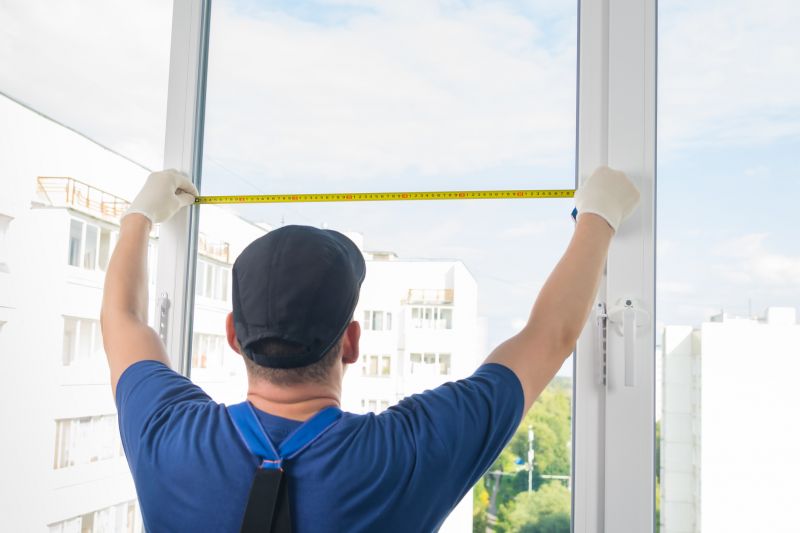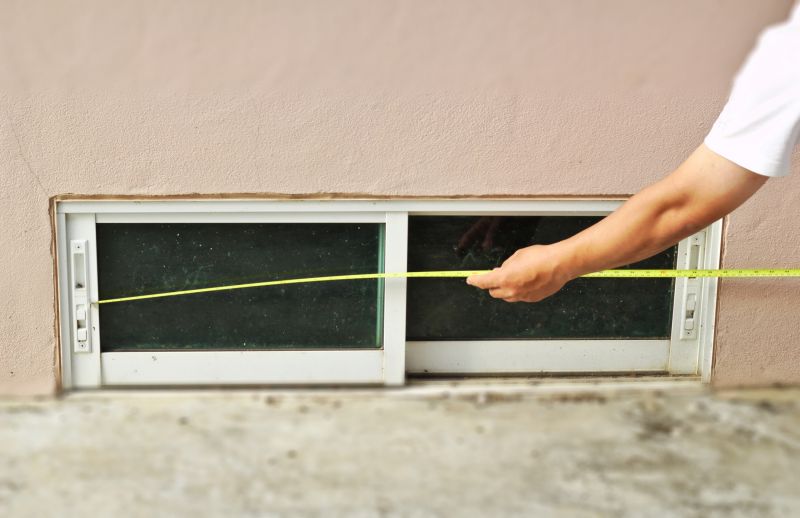Optimal Timing for Windows Installations
Determining the optimal time for Windows installations involves considering factors such as system readiness, workload periods, and environmental conditions. Installing during periods of low activity can minimize disruptions and ensure smoother updates. Additionally, scheduling installations during times of stable network connectivity can improve download and setup processes.
Spring and fall often provide ideal conditions for Windows installations due to moderate temperatures and stable environments, reducing the risk of hardware issues.
Early mornings or late evenings are recommended for installations to avoid peak operational hours and minimize impact on productivity.
Regular updates and installations help maintain system security and performance, typically scheduled quarterly or biannually based on organizational needs.
Performing installations during scheduled maintenance windows ensures minimal disruption to daily workflows.

A step-by-step overview of the Windows installation procedure.

Timing installations during maintenance windows for minimal disruption.

Ensuring hardware readiness before starting Windows installations.

Ways to make Windows Installations work in tight or awkward layouts.

Popular materials for Windows Installations and why they hold up over time.

Simple add-ons that improve Windows Installations without blowing the budget.

High-end options that actually feel worth it for Windows Installations.

Finishes and colors that play nicely with Windows Installations.
| Aspect | Recommendation |
|---|---|
| Season | Spring or fall for moderate conditions |
| Time of Day | Early morning or late evening |
| Frequency | Quarterly or biannual updates |
| Preparation | Backup data and check hardware compatibility |
| Environmental Conditions | Avoid extreme temperatures and humidity |
Windows installations are critical for maintaining security, compatibility, and performance. Proper timing ensures minimal disruption and maximizes efficiency. Up-to-date systems reduce vulnerabilities and improve user experience, making scheduled installations an essential part of IT management.

The initial setup interface during installation.

Creating backups before starting the installation process.

Monitoring the installation process in real-time.

Final settings and updates after Windows installation.

Little measurements that prevent headaches on Windows Installations day.

A 60-second routine that keeps Windows Installations looking new.

A frequent mistake in Windows Installations and how to dodge it.

Small tweaks to make Windows Installations safer and easier to use.
Interested parties can contact to schedule Windows installations at convenient times, ensuring minimal impact on daily operations. Proper planning and timing contribute to a successful and smooth installation process.



